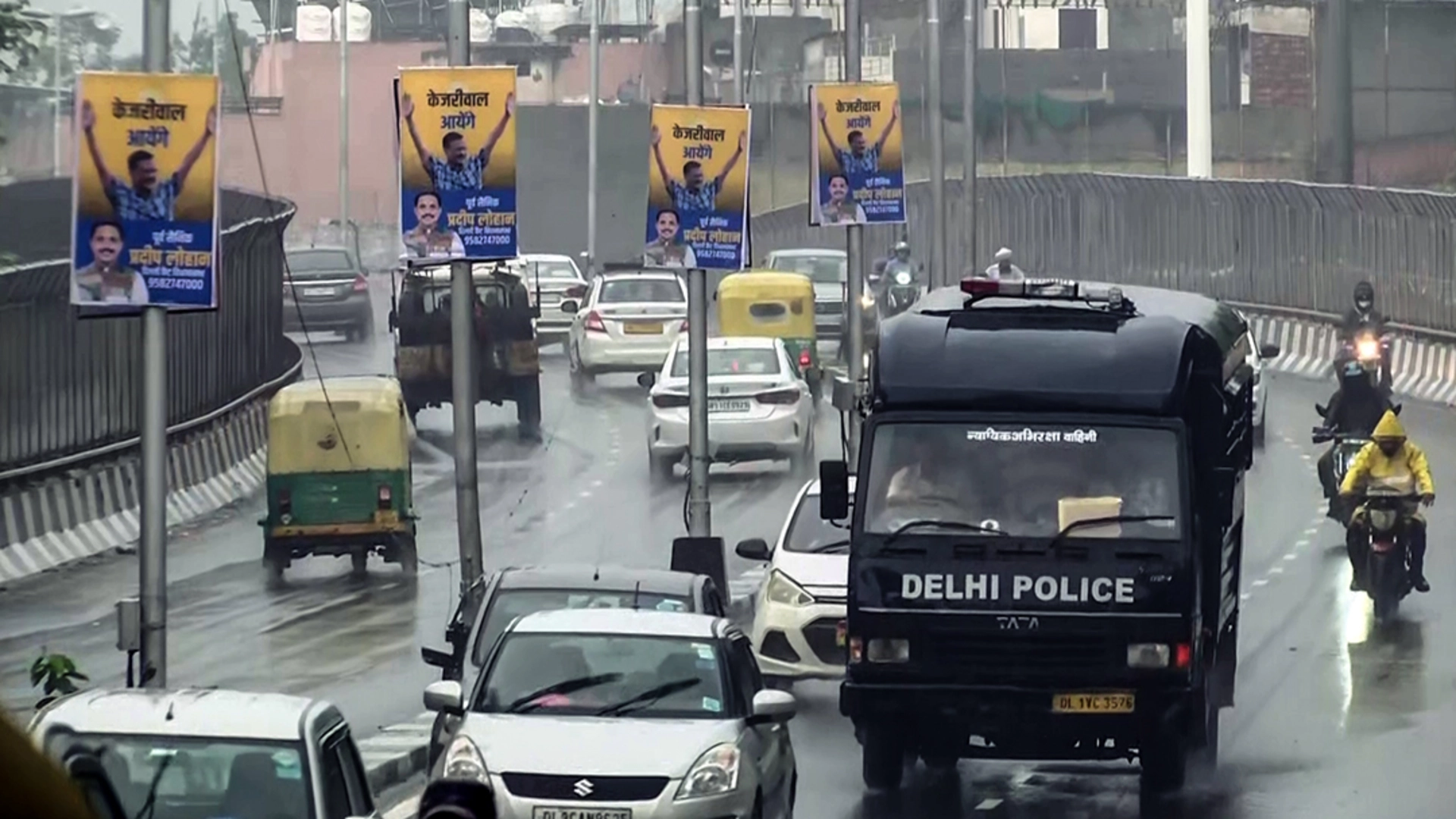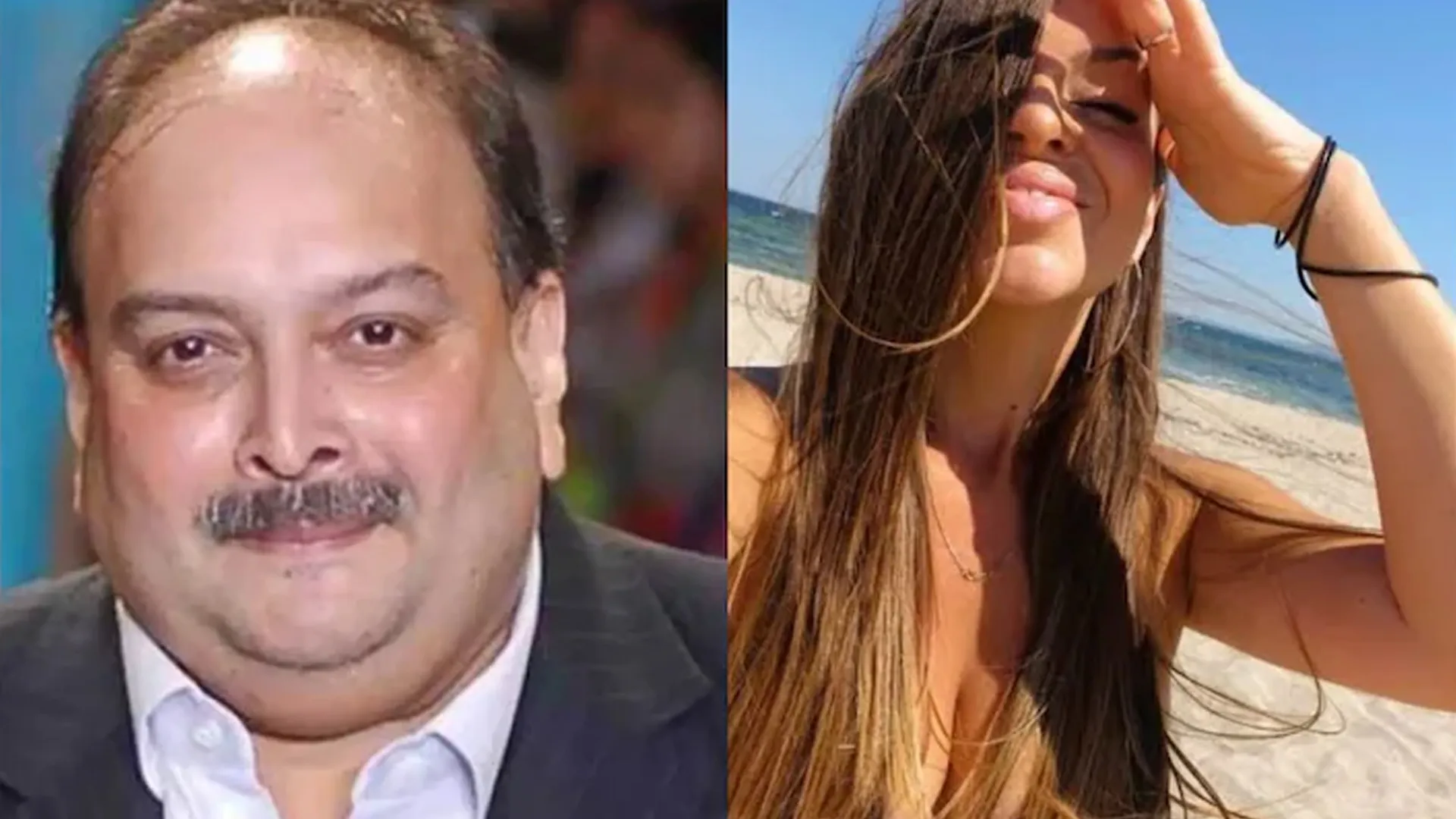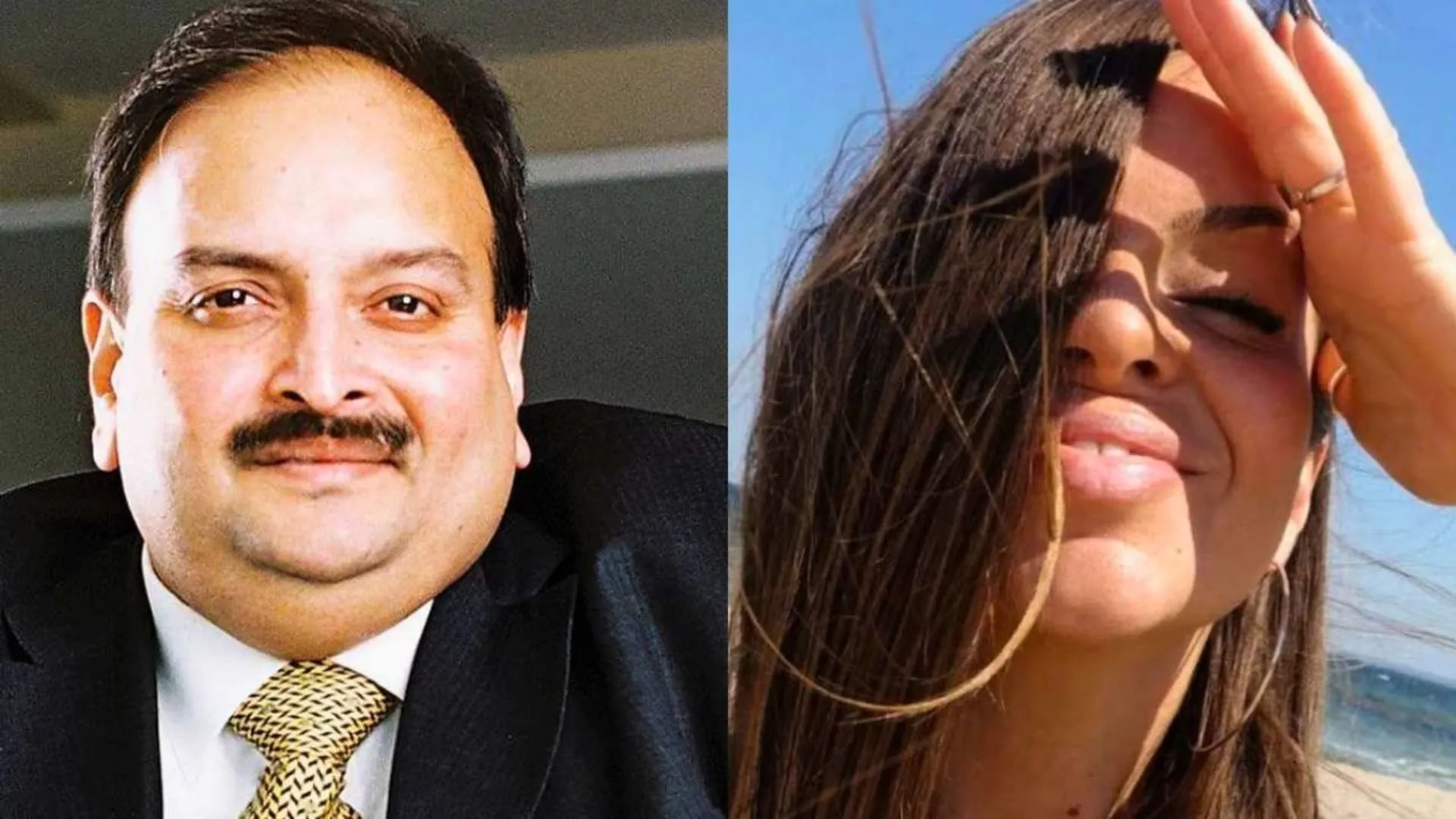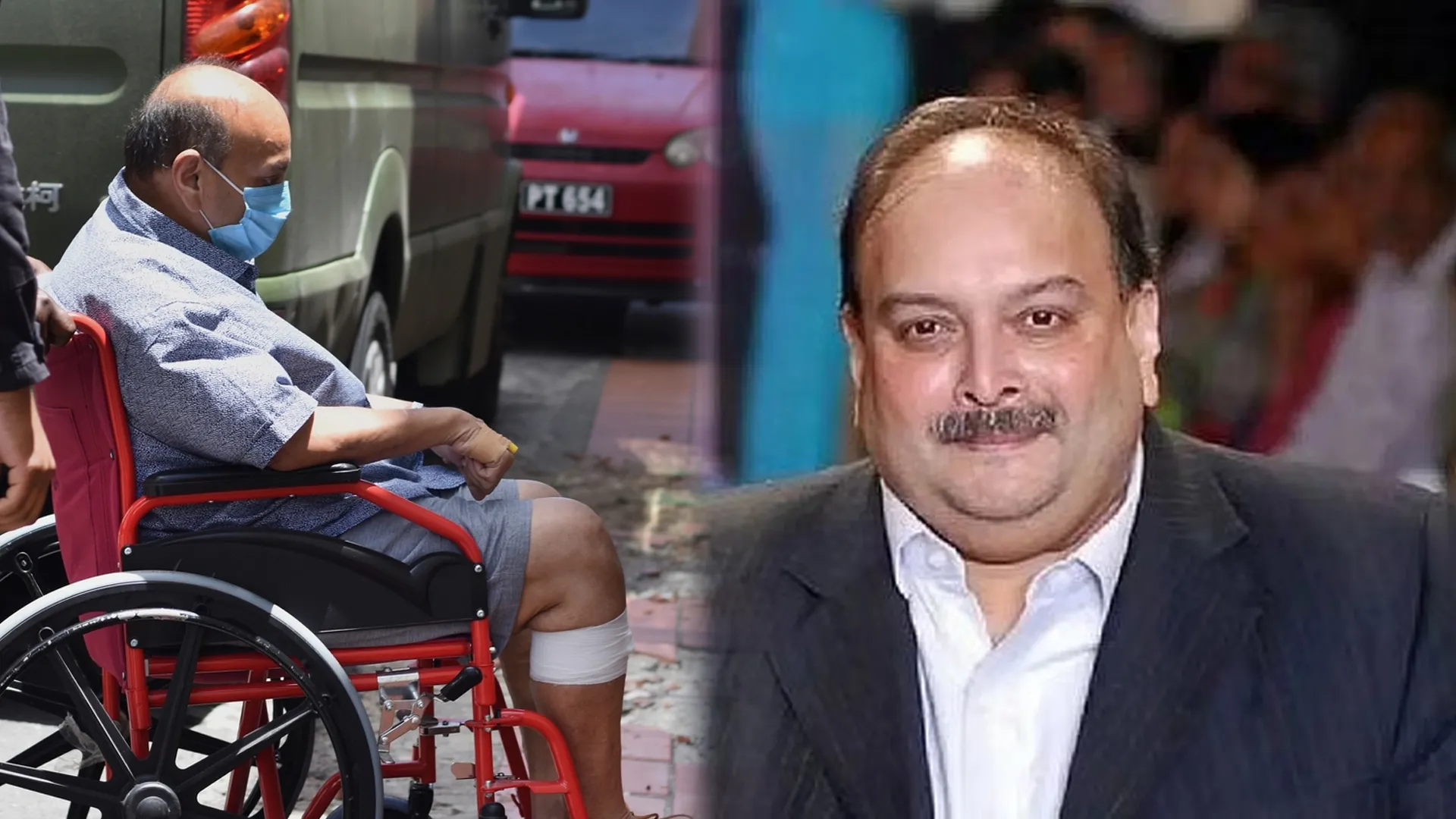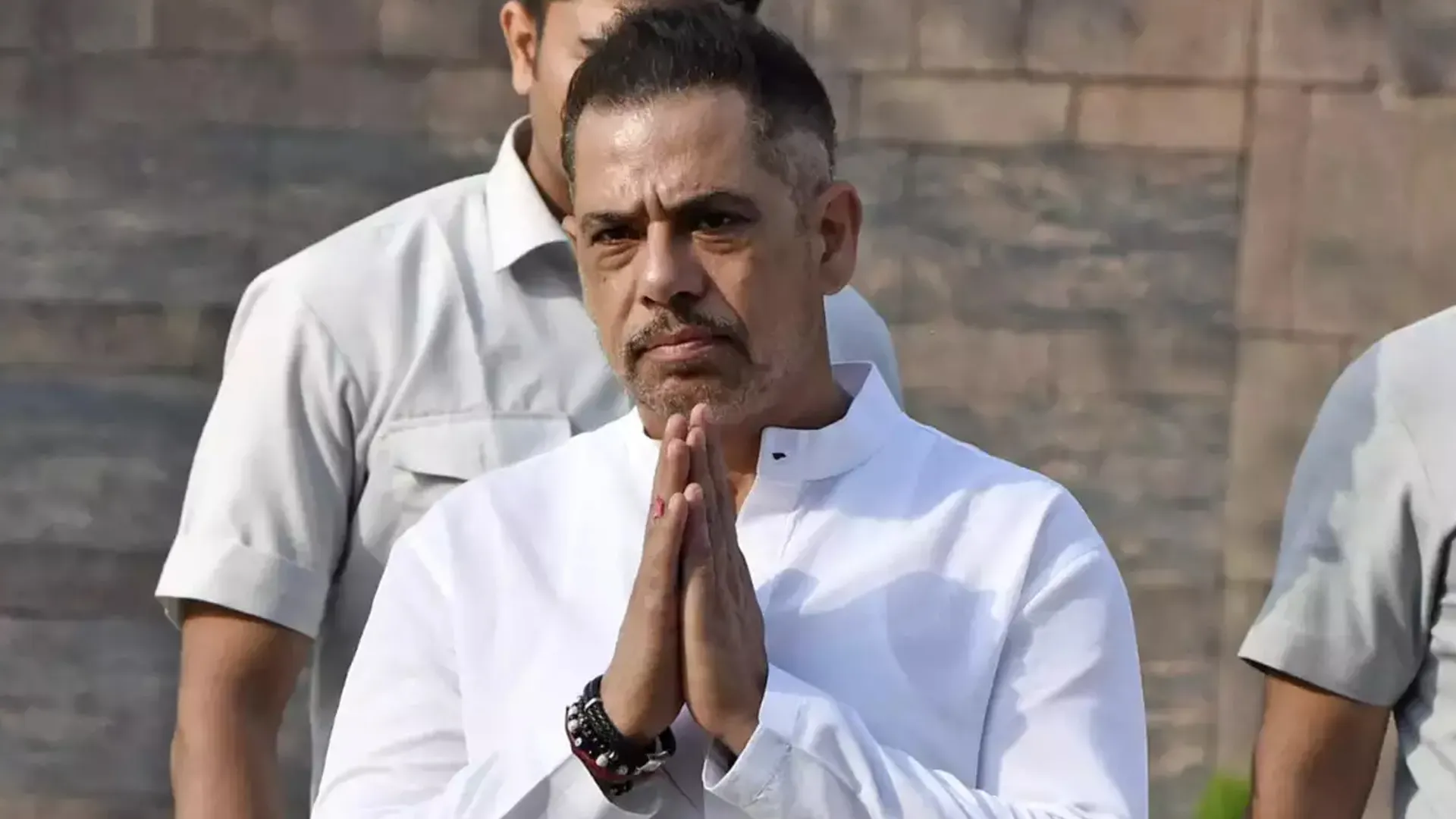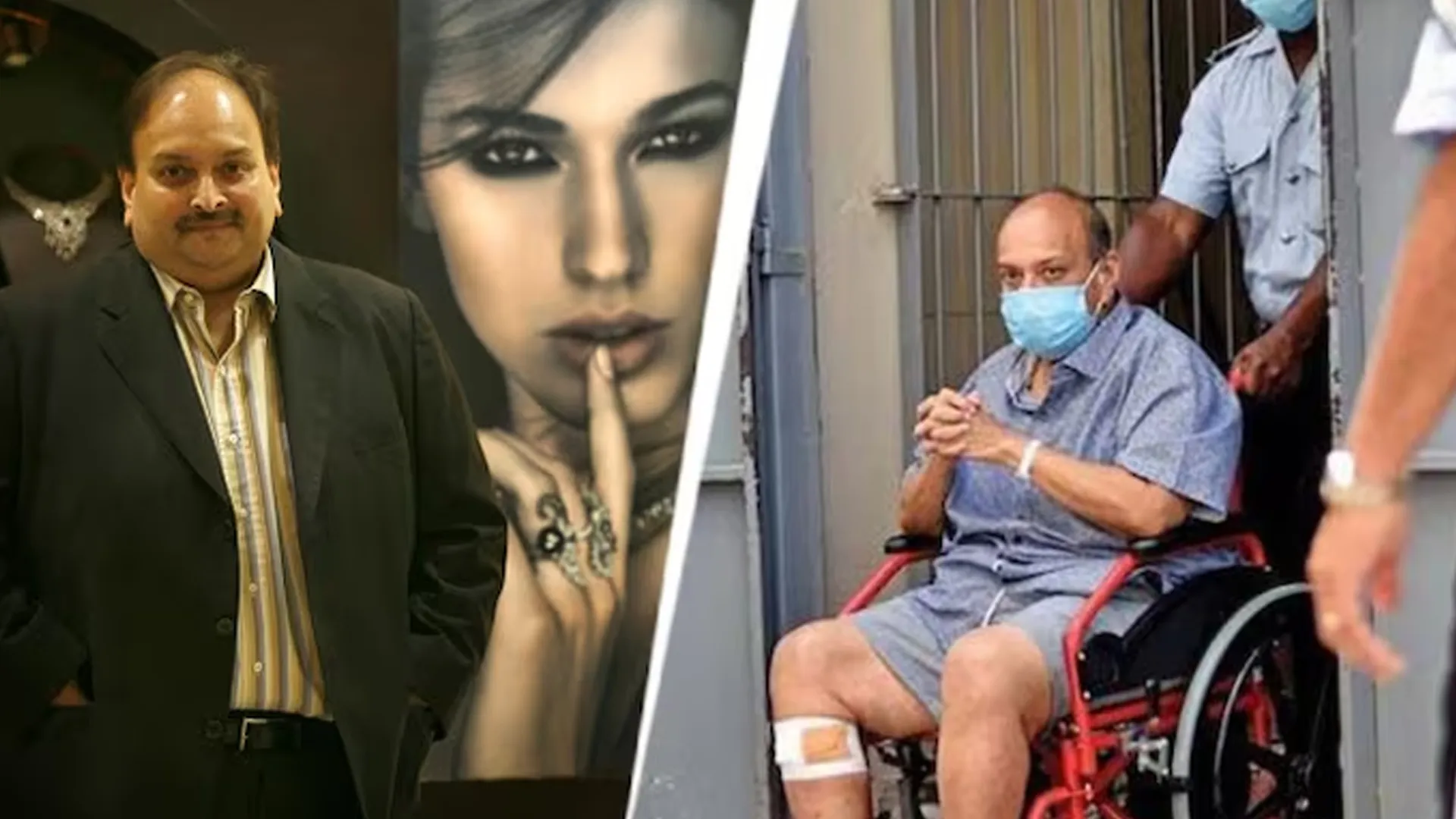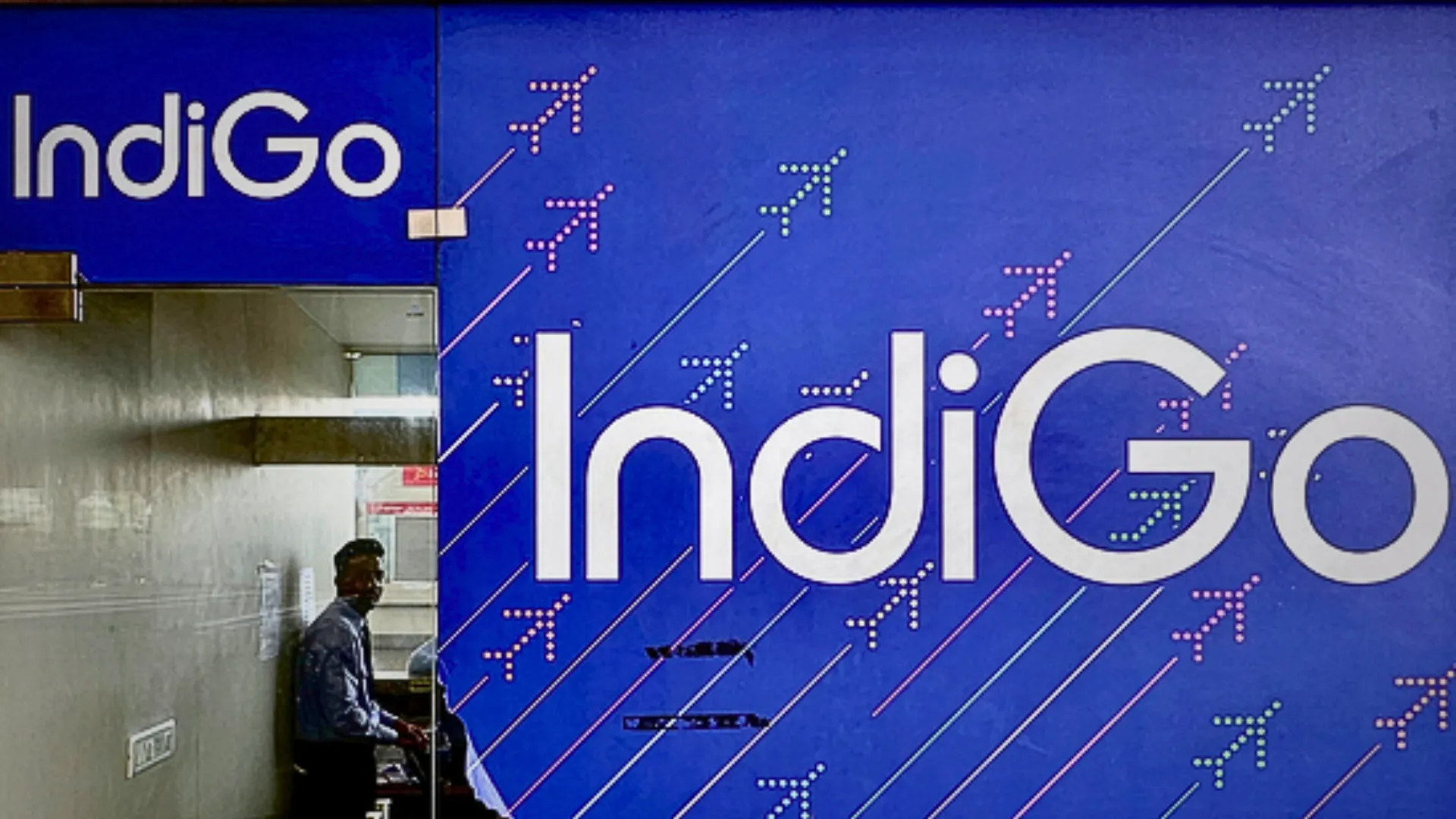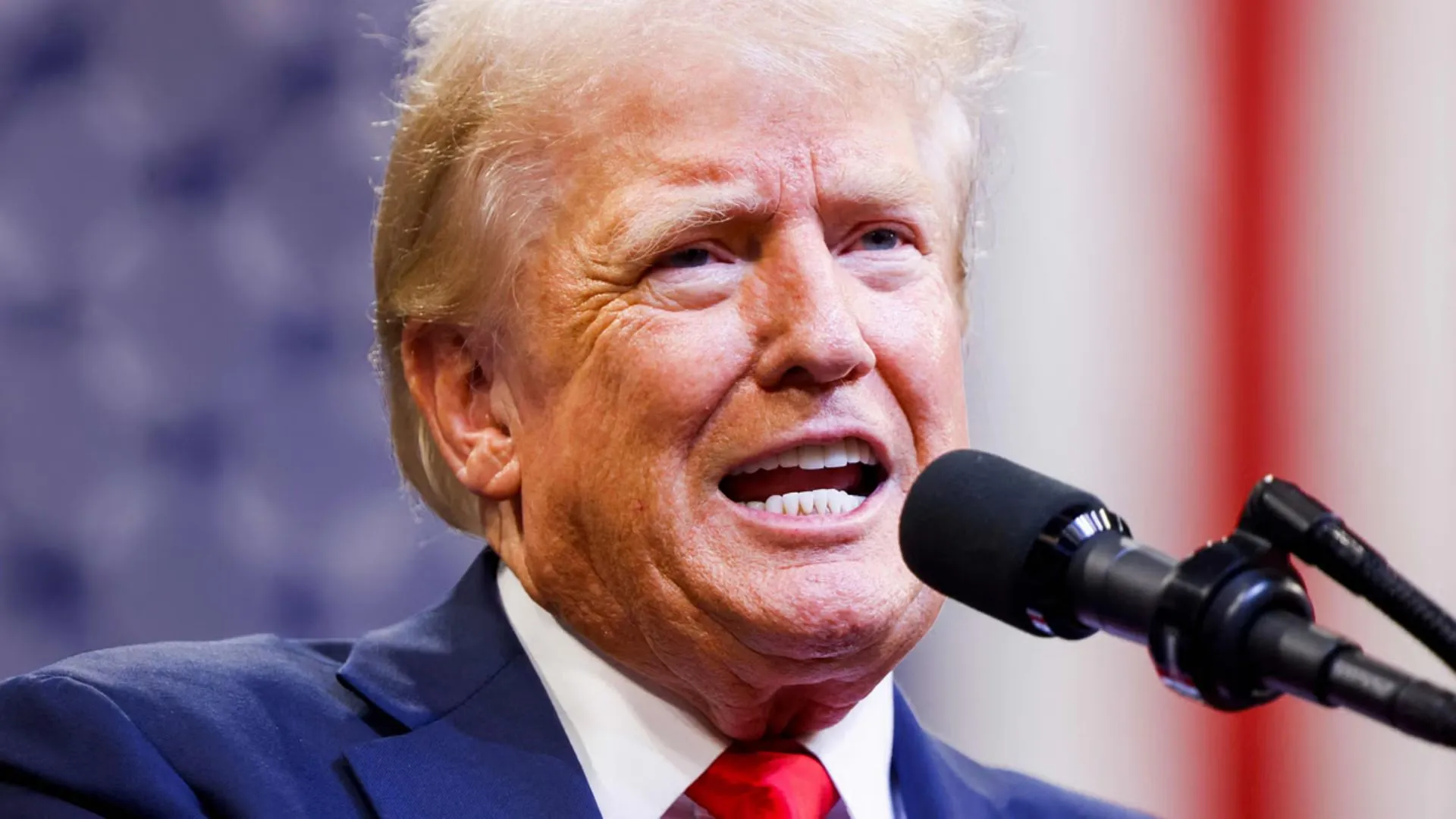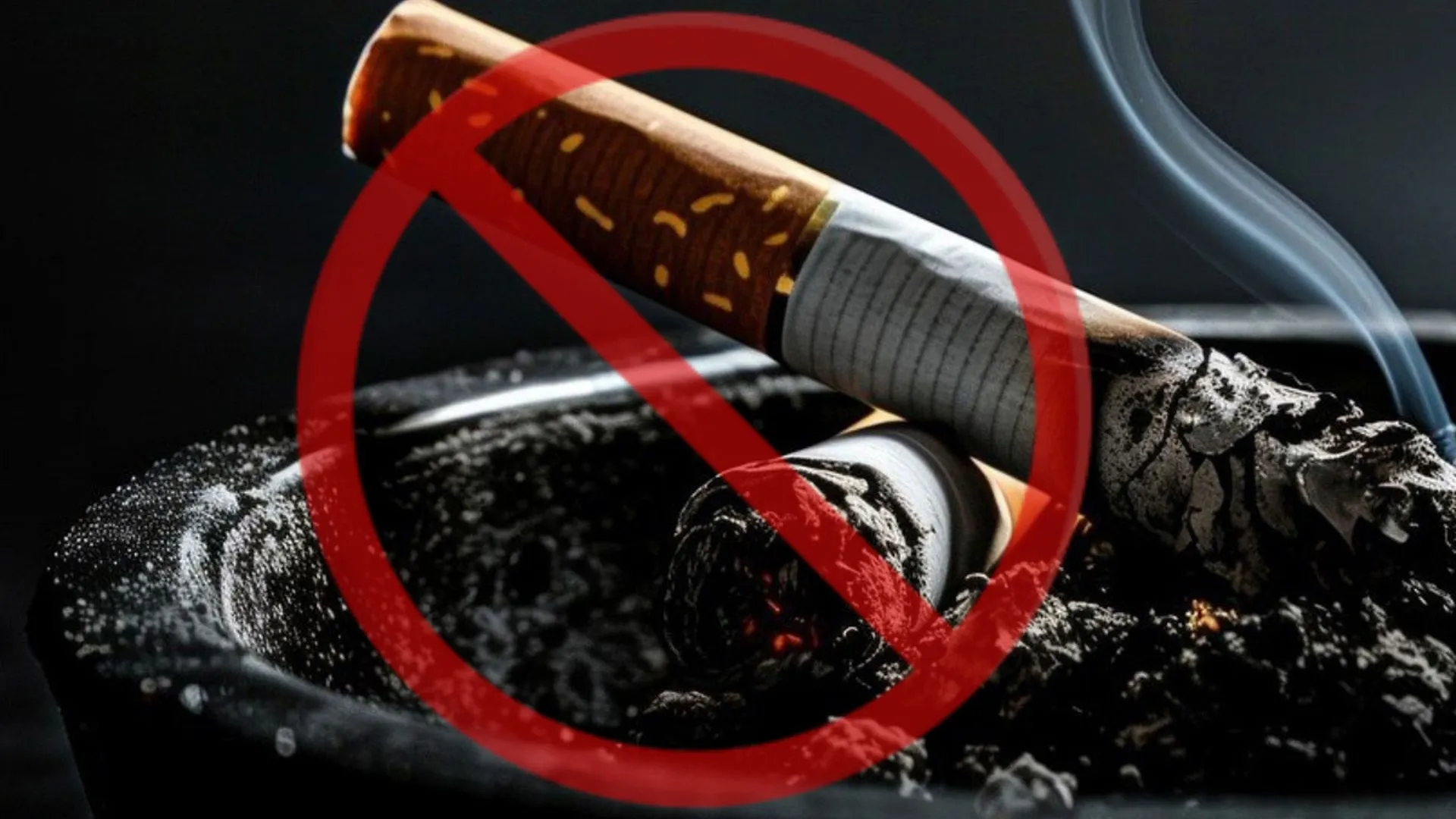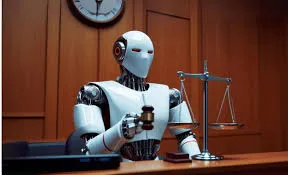Ahead of the Haryana elections, Delhi Chief Minister Arvind Kejriwal has been granted bail by the Supreme Court in the Delhi excise policy case. This decision marks a major relief for the Aam Aadmi Party (AAP) leader, who has been in jail for six months following his arrest by the Enforcement Directorate (ED) on March 21. Later, in June, the Central Bureau of Investigation (CBI) also took him into custody.
Here are the notable observations made by the Supreme Court:
The court stressed that perception matters and the CBI must work to eliminate any impression of being a “caged parrot,” asserting its independence. Justice Surya Kant noted, “The CBI should be like Caesar’s wife—beyond suspicion.”
Justice Surya Kant also remarked, “There is no legal barrier to arresting someone already in custody.” He noted that the CBI had provided reasons for deeming the arrest necessary and found no violation of Section 41A (3) of the Code of Criminal Procedure.
Justice Ujjal Bhuyan, however, questioned the CBI’s actions, observing that although Kejriwal had been interrogated in March 2023, the agency had not sought his arrest until after the ED case was stayed. This, he said, raised serious concerns about the timing, suggesting the CBI’s arrest was an attempt to thwart the bail granted in the ED case.
Also read:
Kolkata Court Denies CBI’s Request for Narco Test on RG Kar Doctor Murder Accused
Jharkhand’s ‘Kolhan Tiger’ Exit from JMM Marks Major Political Shift
India’s Medical Regulator Revises Forensic Curriculum After Backlash
The court also rejected the Additional Solicitor General’s argument that Kejriwal should first approach the trial court for bail, stating that the trial process should not become a form of punishment. The belated arrest by the CBI was found to be unjustified.
Lastly, the court directed Kejriwal to refrain from making public comments on the case and to be present at all trial court hearings unless specifically exempted.

